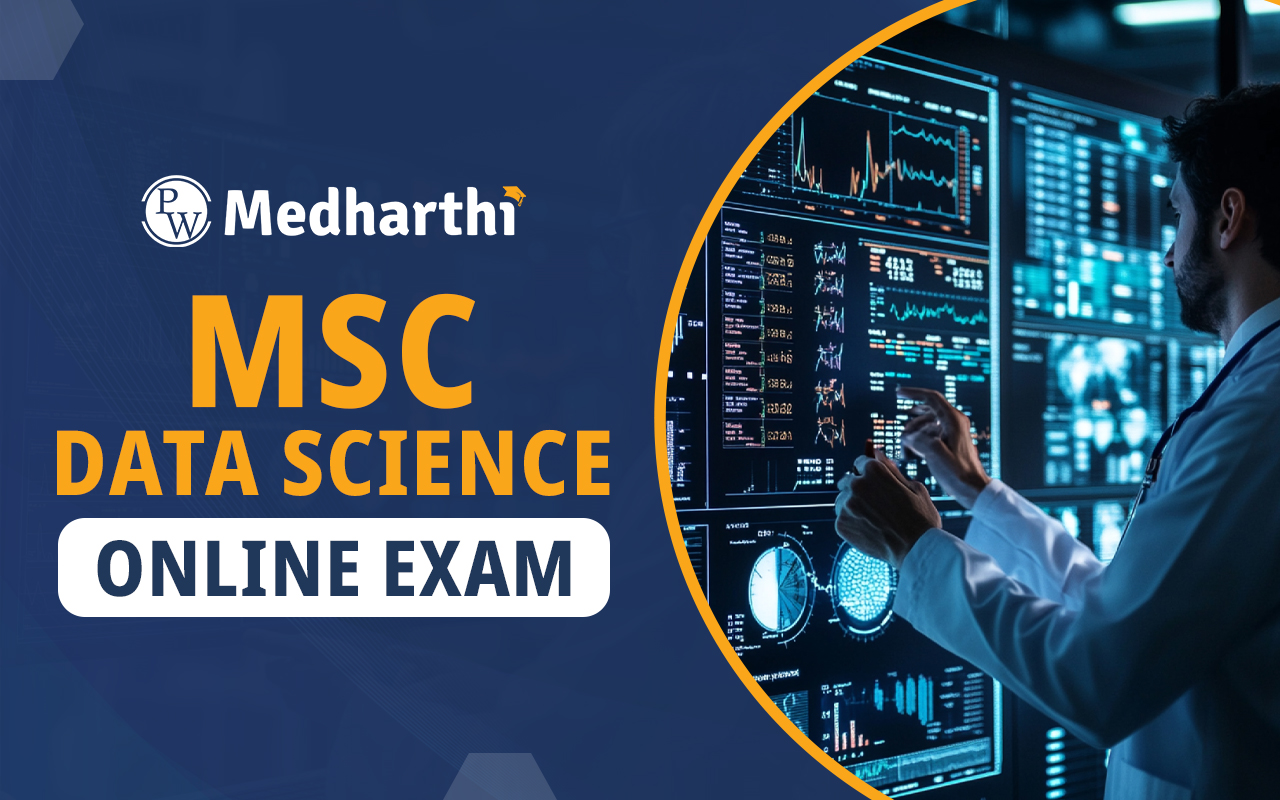

The rise of digital education in India has transformed how individuals access academic qualifications. With advancements in technology and the growing need for flexible learning options, online degrees have gained popularity among students, professionals, and those looking to upskill. However, a common question remains: Is Online Degree valid in India? Understanding its legality, recognition by governing bodies, and acceptance in both public and private sectors is essential before enrollment. Provided here is a structured, comprehensive view of online degree recognition in India and discusses benefits, eligibility, and universities offering approved programs.
Understanding Online Degree
An online degree is a full-fledged academic program delivered entirely through digital platforms. These programs allow students to complete coursework, attend virtual lectures, access study materials, and take examinations from any location. Offered by universities accredited by educational regulatory bodies, online degrees span disciplines such as business, technology, humanities, and sciences.
Online degrees follow the same curriculum as regular programs and often include interactive modules, peer engagement, and instructor support. The primary aim is to provide flexible education opportunities to those unable to attend traditional classroom settings due to professional, geographic, or personal constraints.
Is Online Degree Valid in India?
Yes, an online degree is valid in India if it is offered by a university recognized by the UGC approved (University Grants Commission) and complies with the online education regulations. As per UGC guidelines introduced in 2020, only those institutions that have existed for more than five years and have a minimum NAAC score of 3.01 are permitted to offer fully online degree programs. These programs must be listed on the UGC-DEB portal, and universities must ensure assessments are conducted through secure proctored systems. Therefore, the legal and academic validity of online degrees is fully supported when offered by compliant institutions.
| Is Online Degree Valid in India | |
| Criteria | Requirement |
| UGC Recognition | University must be listed on UGC-DEB’s list of approved online universities |
| NAAC Accreditation | Minimum NAAC score of 3.01 required |
| Program-wise Approval | Specific programs must be listed under online offerings |
| Mode of Evaluation | Must include secure proctored examinations or tech-enabled assessments |
| LMS Integration | Structured Learning Management System must be in use |
Is Online Degree Valid in India for Government Jobs?
Online degrees are valid for government jobs in India provided they are issued by institutions approved by UGC and follow mandated academic protocols. Exams like UPSC, SSC, and other central and state-level services recognize online degrees obtained through such accredited institutions. The eligibility for these roles is usually tied to the completion of a recognized degree, not the mode of delivery. However, applicants are encouraged to read individual job notifications for specific requirements. Thus, candidates with valid online degrees can confidently apply for a wide range of government posts, including teaching, administrative services, and banking roles, without academic disqualification.
| Is Online Degree Valid in India for Government Jobs | |
| Sector | Online Degree Validity |
| Union Public Service Commission | Accepted if issued by a UGC-approved university |
| Staff Selection Commission | Valid for all graduate-level roles |
| Banking Exams (IBPS, SBI) | Recognized if degree is from compliant institutions |
| Teaching Positions (UGC NET) | Online master’s degrees allowed if institution is accredited |
| State Government Jobs | Generally accepted; however, candidates should verify specific notifications |
Is Online Degree Valid in India for Private Sector Jobs?
In the private sector, the acceptance of online degrees largely depends on the credibility of the awarding institution and the relevance of the program to the job role. Many organizations, especially in IT, finance, and marketing, recognize online degrees from accredited universities, provided the candidate demonstrates practical knowledge and applicable skills. Companies today focus on job readiness and domain-specific capabilities over the mode of instruction. Moreover, many online programs include project work and internships to bridge theory with practice. Hence, for career opportunities in the private sector, valid online degrees offer a legitimate and increasingly accepted qualification route.
Universities Providing Online Degree
Several universities in India have received approval from the UGC to offer online degrees in disciplines such as business, arts, computer applications, and commerce. These institutions meet the required NAAC scores, follow standardized digital pedagogy, and use secure assessment mechanisms. Below is a consolidated table presenting some of the institutions, the programs offered, eligibility criteria, and fee structures.
| Universities Providing Online Degree | |||
| University | Course | Fee (INR) | Eligibility |
| MUJ | BBA | ₹135,000 | 45% in 10+2 or Diploma (40% for SC/ST) |
| MUJ | MBA | ₹175,000 | 50% in graduation (45% for SC/ST) |
| SMU | BA | ₹81,000 | 10+2 or Diploma (no minimum marks required) |
| SMU | MCA | ₹98,000 | 50% in graduation (45% for SC/ST) |
| CU | BCA | ₹170,664 | 10+2 (no percentage bar) |
| CU | MBA | ₹210,668 | Graduation (no percentage bar) |
| JAIN | BCom | ₹127,500 | 10+2 pass (no percentage requirement) |
| JAIN | MCom | ₹130,000 | 50% in graduation (45% for SC/ST) |
| DY Patil | BBA | ₹145,400 | 10+2 pass (no percentage requirement) |
| DY Patil | MBA | ₹189,400 | 50% in graduation (45% for SC/ST) |
| Amrita | BBA DA | ₹219,996 | 45% in 10+2 |
| Amrita | MBA AI | ₹240,000 | 50% in graduation (no reserved quota applicable) |
| VGU | BA | ₹60,000 | 10+2 pass (no percentage bar) |
| VGU | MCA | ₹130,000 | Graduation pass (no percentage bar) |
| Shoolini | BCA | ₹83,000 | 40% in 10+2 (35% for reserved categories) |
| Shoolini | MBA | ₹118,000 | 50% in UG (45% for SC/ST/OBC/EWS) |
| Shobit | MBA | ₹112,600 | 50% in graduation (45% for SC/ST) |
| North Cap | BBA | ₹72,000 | 10+2 with minimum 40% marks |
Benefits of Online Degree
Online degrees offer numerous advantages that make them a practical and future-ready choice for students and professionals alike. With increasing acceptance by employers and educational institutions, they provide a flexible, affordable, and accessible mode of learning that aligns with modern lifestyles and evolving industry requirements, without compromising academic credibility or recognition.
-
Flexibility in Learning Schedule: Online degrees offer adaptable study timelines, allowing learners to access lectures and complete assignments at their convenience. This flexibility supports individuals balancing work, family, or other commitments without compromising the quality or continuity of their education.
-
Accessibility from Any Location: Students can pursue a valid online degree from any geographic location with internet access. This eliminates the need for relocation, travel, or campus attendance, making education more accessible for rural populations and those with mobility challenges.
-
Cost-Effective Education Option: Online programs often come with reduced tuition fees, no commuting expenses, and minimal additional costs. These financial benefits make higher education more affordable for a broader segment of the population, including working professionals and students from economically constrained backgrounds.
-
Recognized by UGC and Employers: Degrees earned through UGC-approved online degree is valid for government jobs, private sector roles, and further studies. Employers increasingly value skills and qualifications over physical classroom attendance, making online degrees a credible academic choice.
-
Skill-Oriented Curriculum and LMS Tools: Online degrees integrate skill-based learning, industry-relevant content, and tools such as Learning Management Systems (LMS). These resources enhance digital literacy, self-discipline, and independent learning, all essential competencies in today’s technology-driven job environment.
| Online Degree Important Links | |
| Online MCA Programs in India | Online BCom Course |
| Online MCA Course | Online Degree Programs |
| Regular Degree Vs Distance Degree | Online BA |
Is Online Degree Valid in India FAQs
Is Online Degree valid in India for all types of jobs?
Are online degrees recognized internationally?
Can I pursue higher education after completing an online degree?
Is the quality of online education equal to regular degrees?
Do online degrees require attending physical classes or exams?













